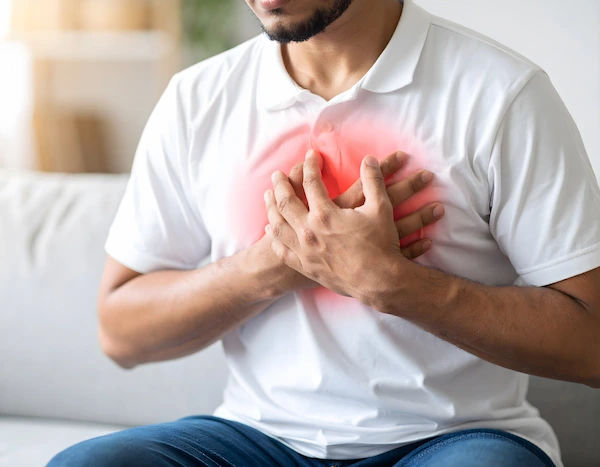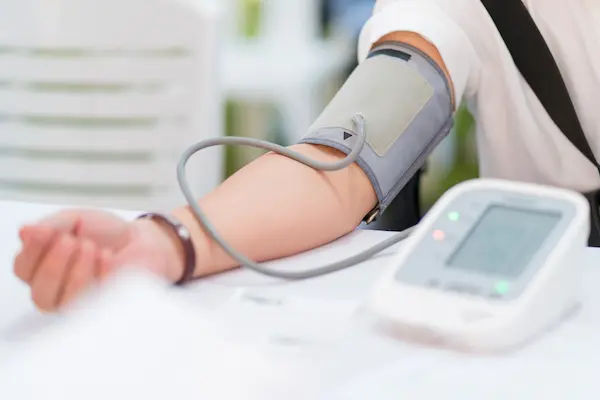- Male
- 20 Years
- 29/01/2025
I've been sleeping okay at night, but for the past four days, I've been waking up around 5 am with my heart racing. It's really weird and a bit scary. On top of that, I've been dealing with GERD for the last three weeks and taking Pantocid for it. What's going on with my heart? Should I be worried?
More Cardiology Health Queries
View allI've been having constant chest pain for the last four months, and I'm really starting to worry about it. Can you help me understand what might be going on?
Constant chest pain for 4 months warrants immediate medical attention; please consult a cardiologist
read more![Doctor 1]()
![Doctor 2]()
Answered by 1 Apollo Doctors
I'm having this chest pain thats been bothering me for a few weeks now. It's mostly in the center but kinda leans more to the left side. It feels like a dull ache, quite like back pain, but its on the outer wall of the chest. I already had an ECG, and it came back normal, so my doctor thinks it might just be a muscle strain. But how can I really know for sure it's muscle strain and not something more serious?
It is muscle sore , take anti inflammatory tablets like aceclofenaca . You will be fine
read more![Doctor 1]()
![Doctor 2]()
Answered by 1 Apollo Doctors
My mom has heart valve blockage and recently had chest pain and breathing issues so we went to the hospital One doctor recommended natural bypass treatment while another suggested bypass surgery I'm leaning toward the natural EECP option but want to know if it can actually clear the blockage and what are the pros and cons of EECP compared to surgery
cardiology opinion
read more![Doctor 1]()
![Doctor 2]()
Answered by 1 Apollo Doctors
Disclaimer: Answers on Apollo 247 are not intended to replace your doctor advice. Always seek help of a professional doctor in case of an medical emergency or ailment.





